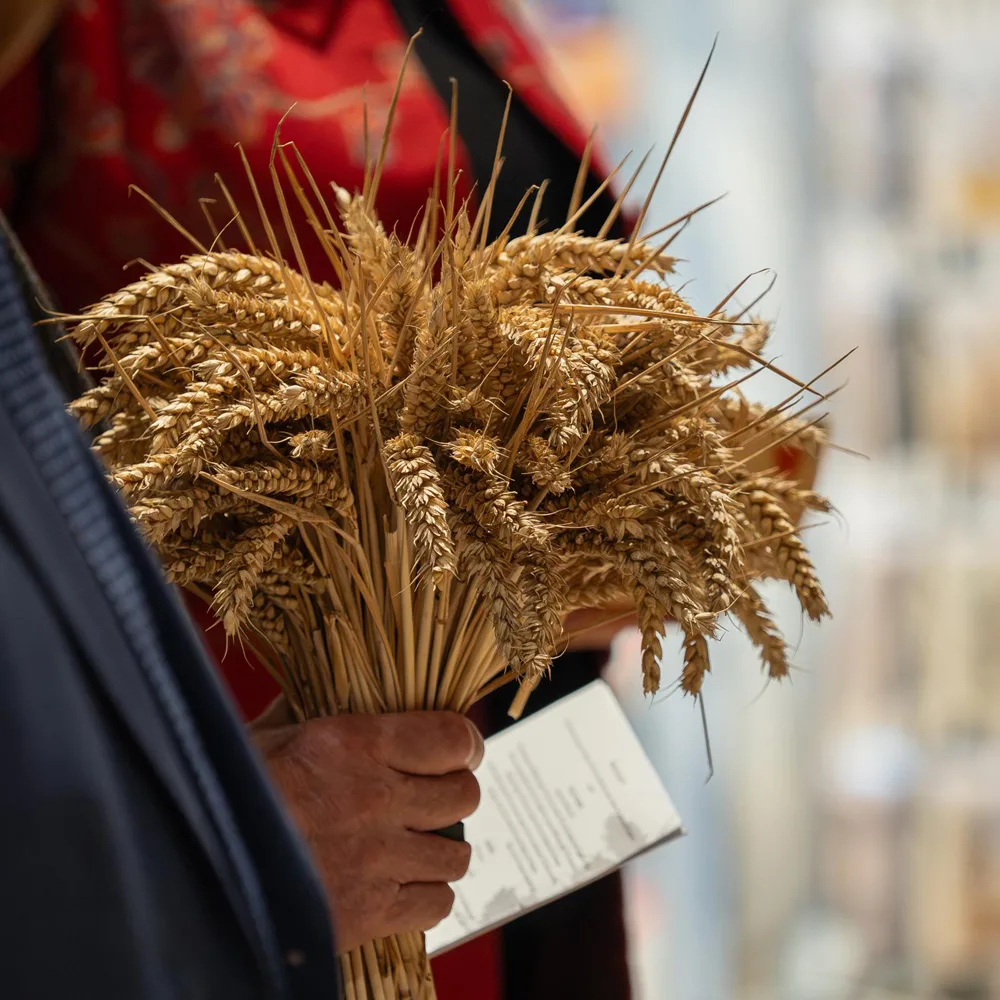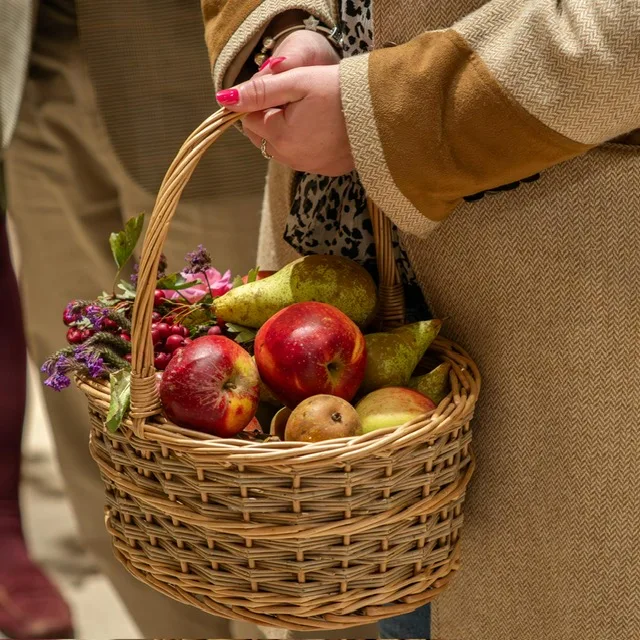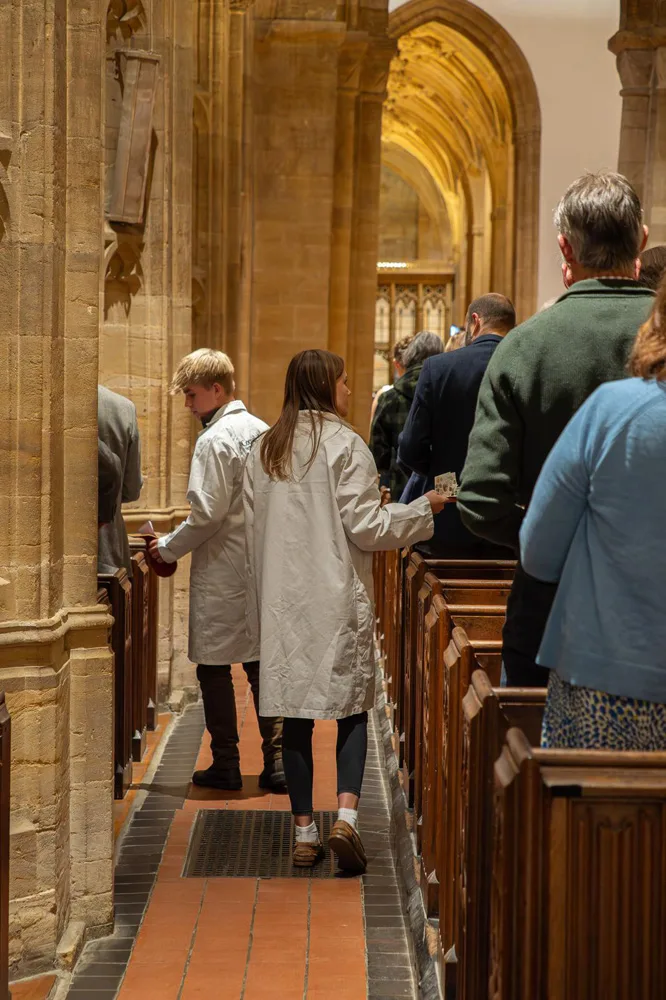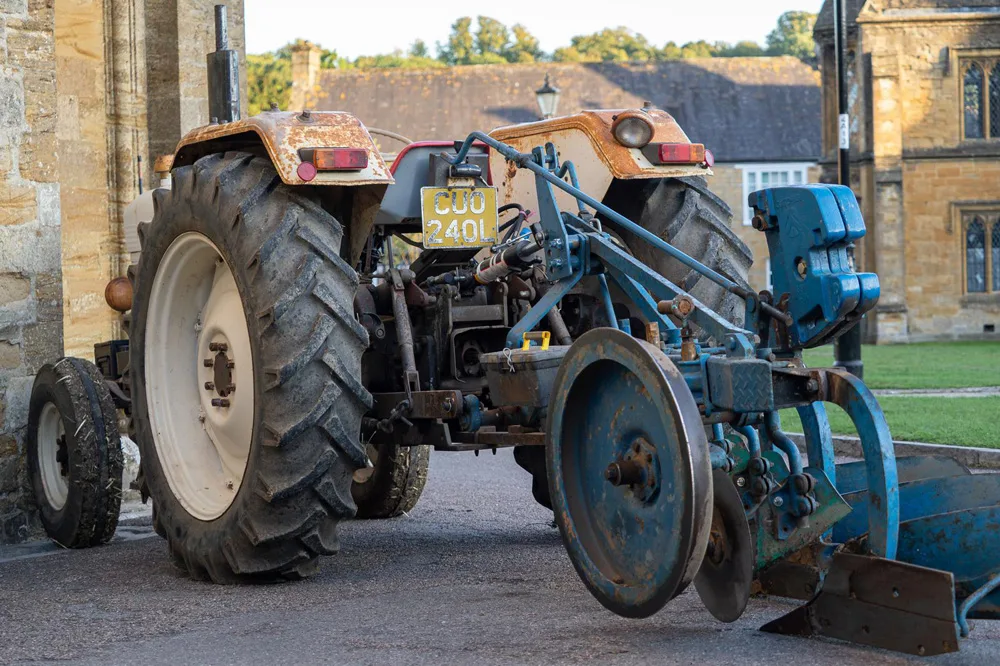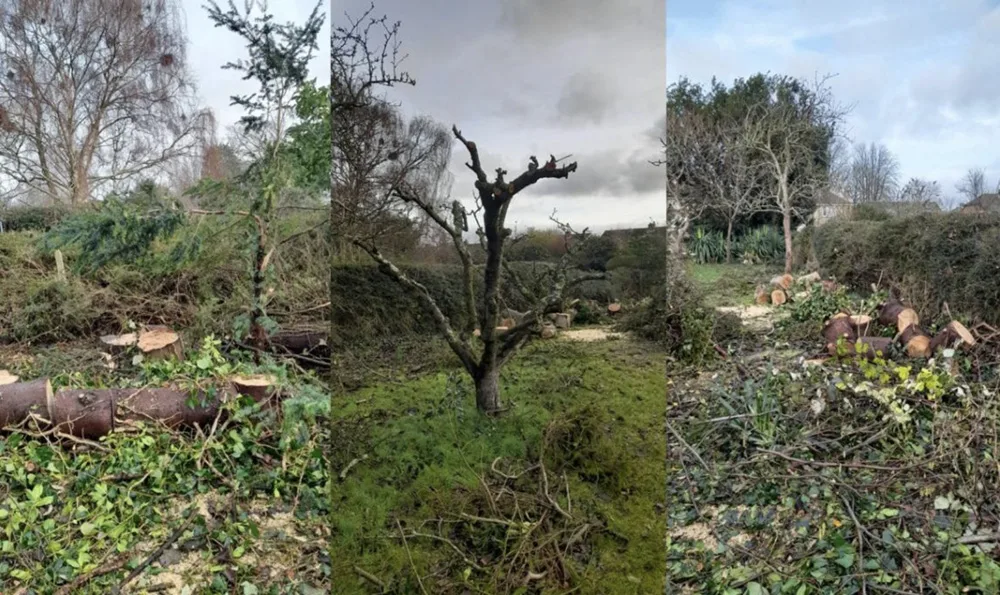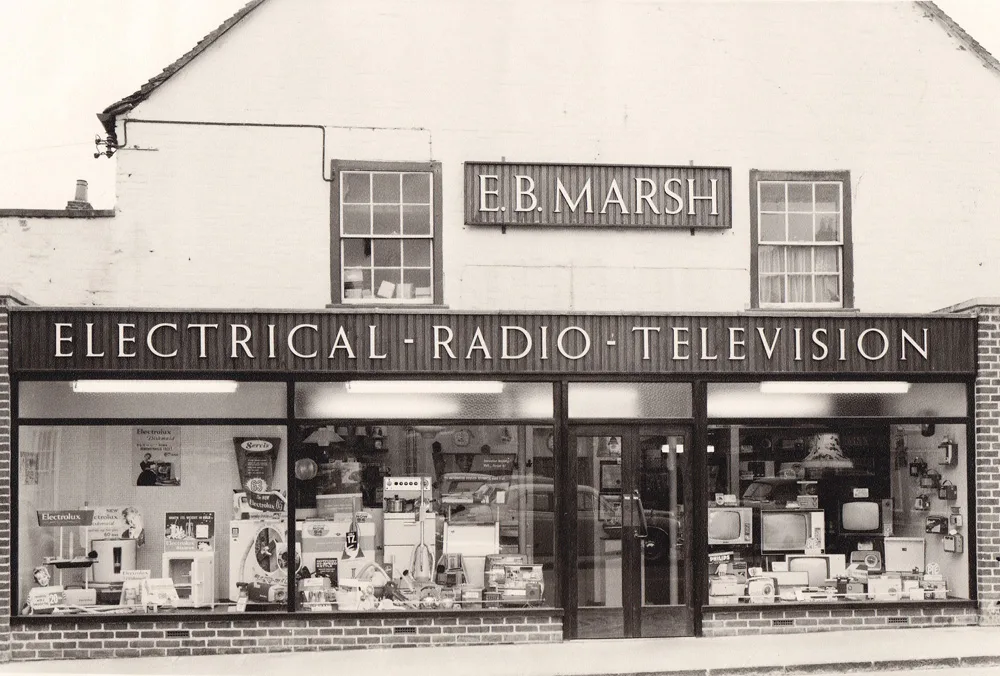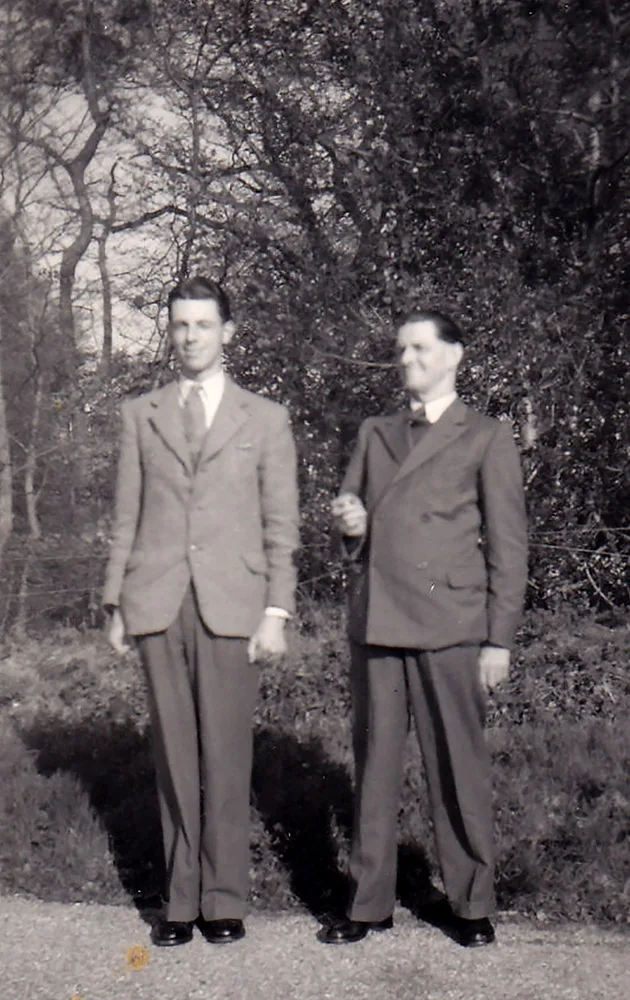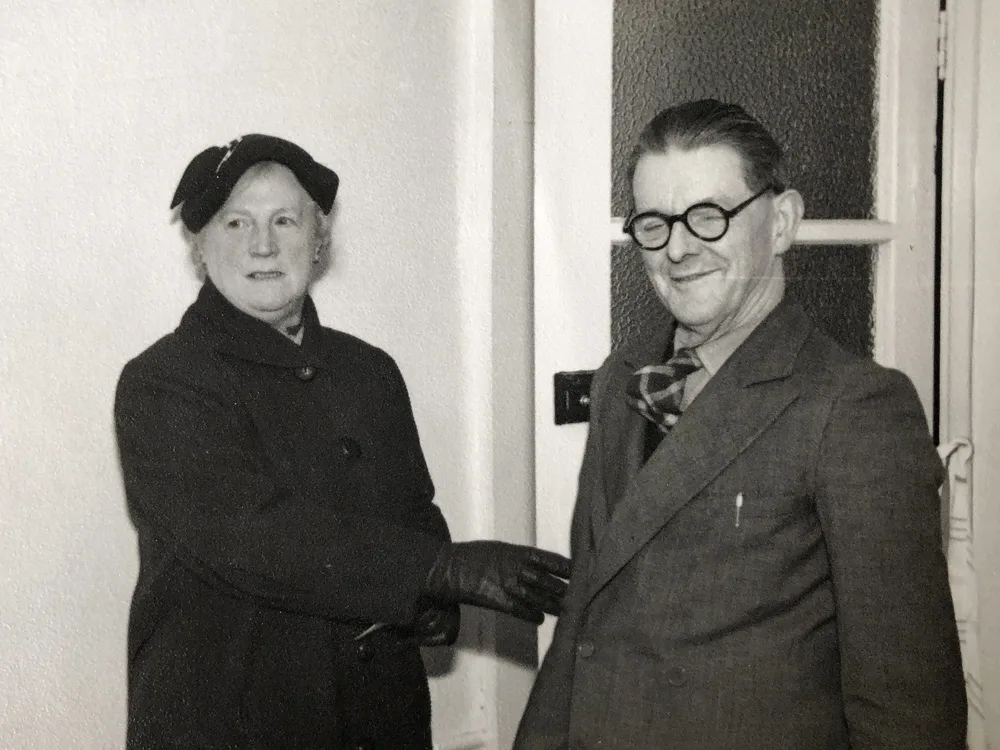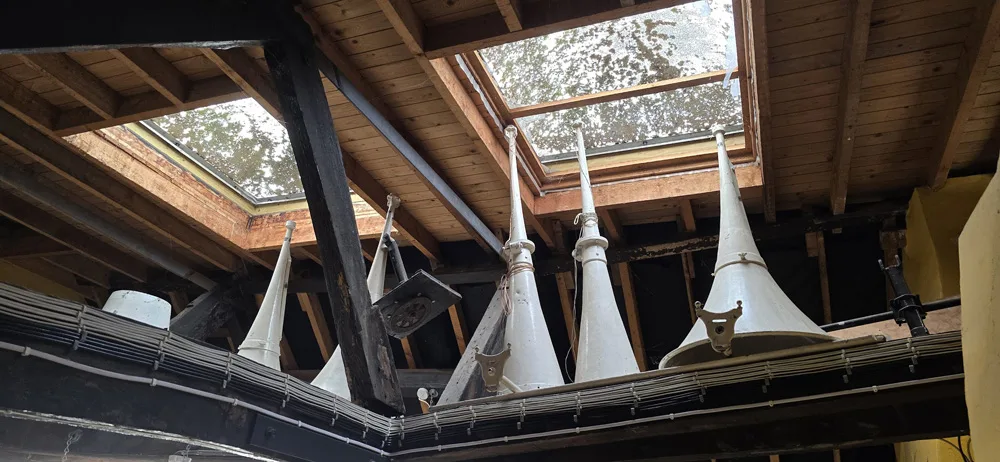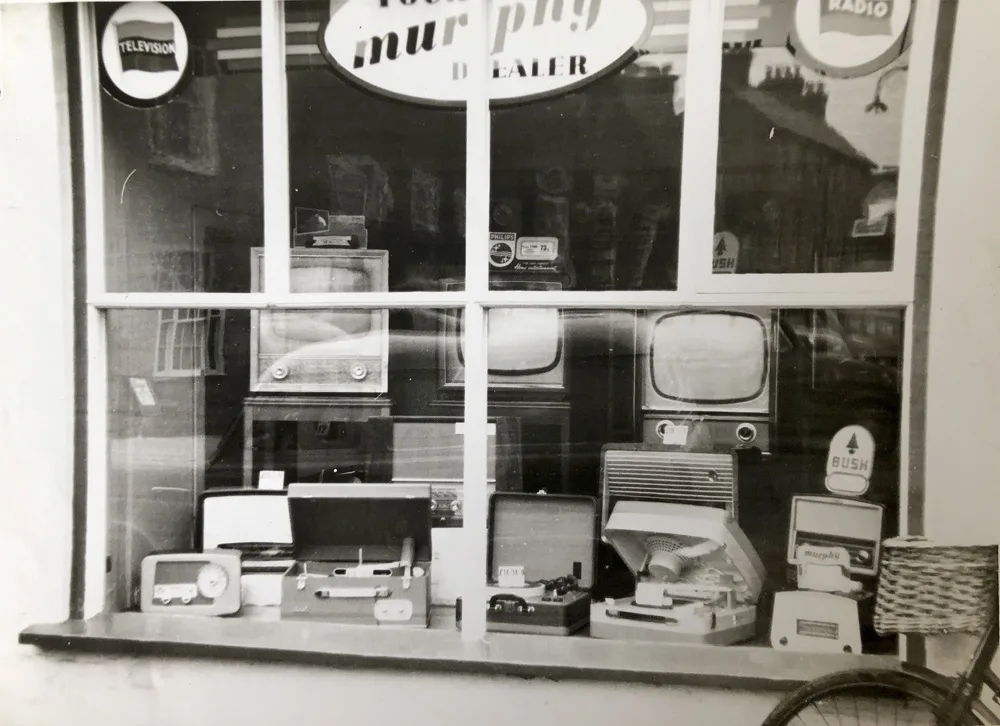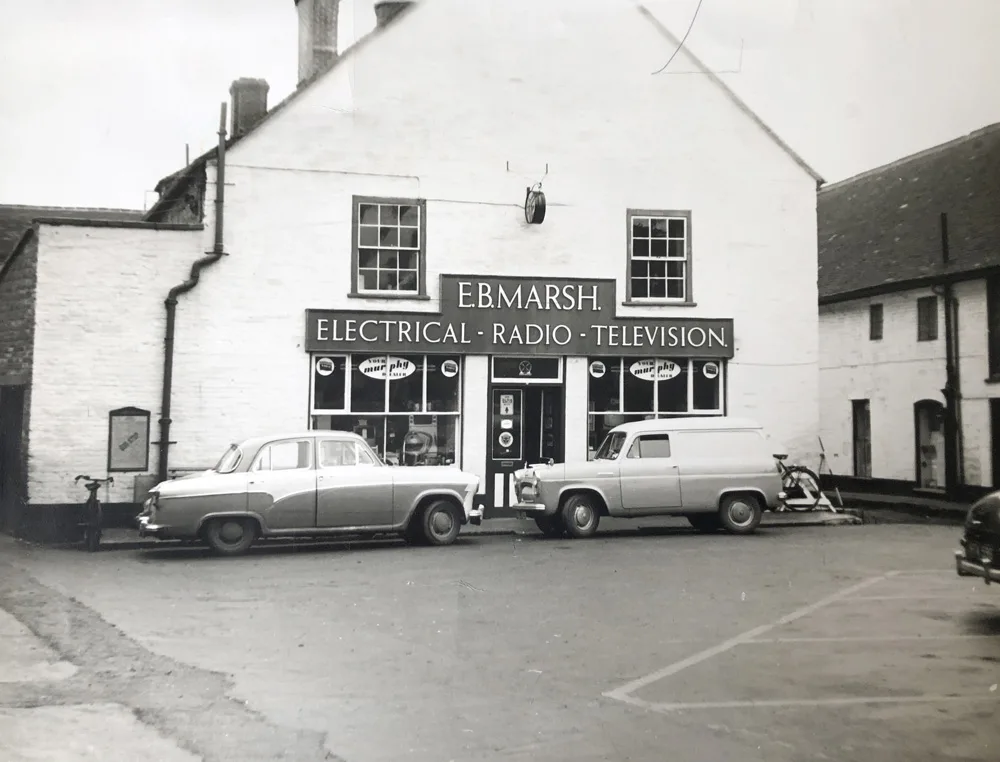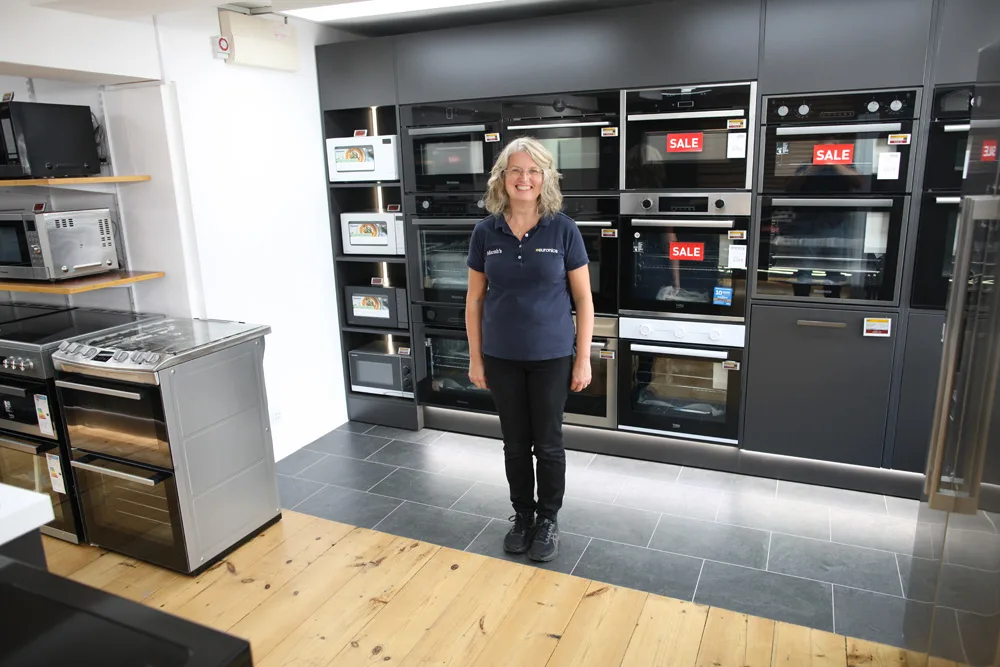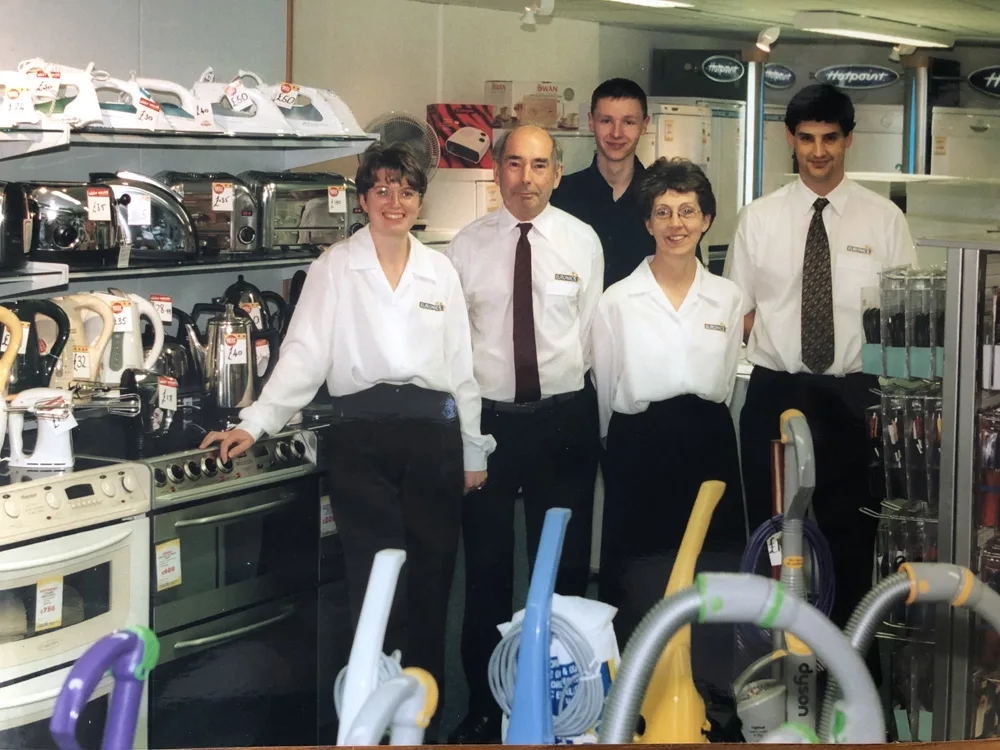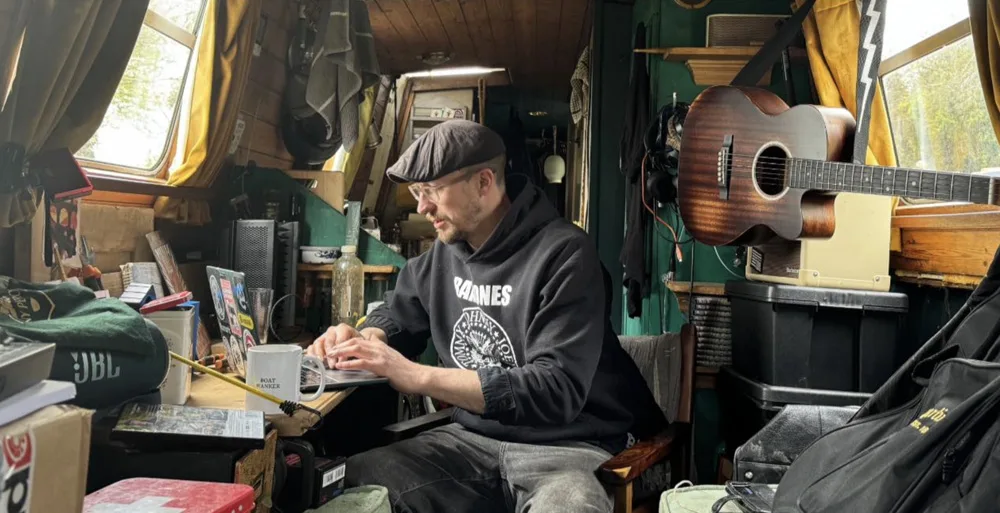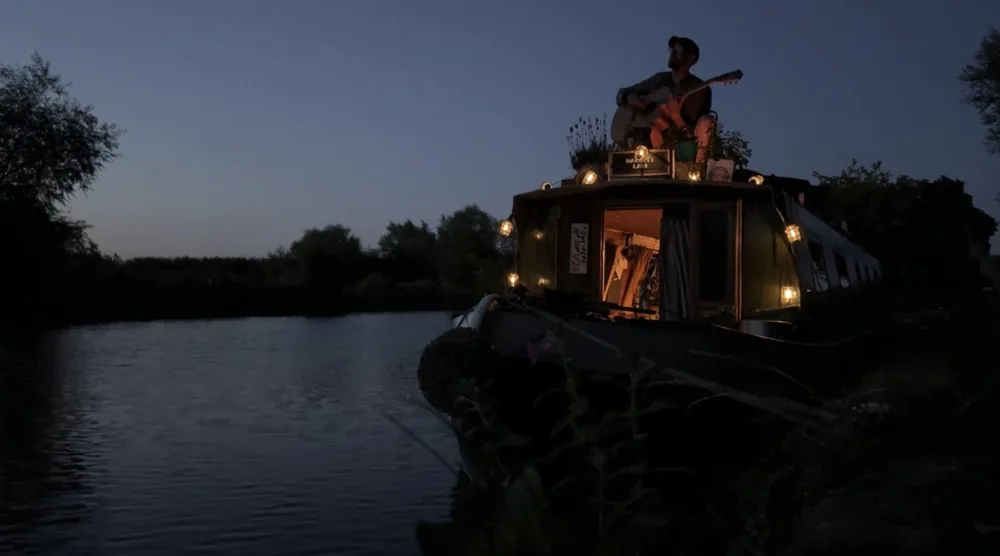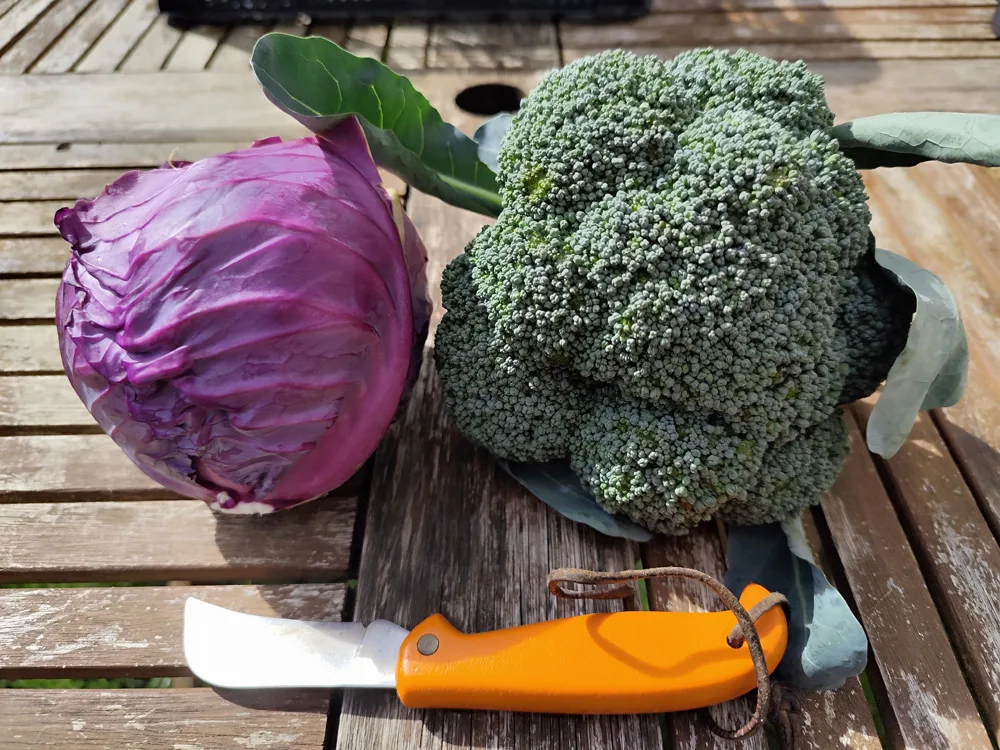‘I don’t know what I need’ – Jon Sloper received one phone call that revealed the power of connecting the dots to support lives across Dorset

A call came in from an older Dorset resident this week: ‘I’ve just come home from hospital after treatment for a fractured hip. I can’t lift anything for a month. I’m trying to sell my house – my wife died recently and my family live hundreds of miles away. I’ve been given a postcard from the hospital saying you might be able to help … I don’t know what I need, or what to do …’
At the start of the week, I’d been in a meeting with NHS colleagues, talking about how to reduce hospital readmissions after planned treatment.
The next day, I was meeting Dorset Council to talk about unpaid carers – so often family members, balancing care with cleaning, shopping, loneliness, bills, and stress.
Yesterday, I was standing on a farm, discussing food security and the current crisis in agriculture: farmers’ mental health, food standards, procurement and poverty.
These might sound like separate issues. But they’re not. They’re woven through daily life here in Dorset, each one connected to the next.
Through our work at Help & Kindness, we’ve had the privilege of listening to those voices, looking at the challenges and the reality of life in Dorset, finding the overlooked issues, the unheard voices, and the wicked problems that are beyond the scope of any one of us – or any one agency – to fix.
Where we began
Back in 2019, my wife Nicola and I set up Help & Kindness as a not-for-profit project, with a simple idea: to make it easier for people in Dorset to find help, offer help, and work together.
That idea has grown into a wide-ranging journey – and a humbling one. We’ve learned how the systems work (and don’t). We’ve seen the real impact of rising need and stretched services. And we’ve done our best to offer something practical in response.
Over the years, we’ve built strong relationships with NHS teams, local councils, communities, businesses and national organisations – but most importantly, with local people. We’ve created a growing database of more than 13,000 Dorset-based services, organisations and community groups. Hundreds of people help keep it up to date, so it remains genuinely useful.
But from the beginning, we knew an online resource wouldn’t be enough. Not everyone in Dorset has internet access – so we also take phone calls, respond to letters, and share information face-to-face and by post.
Through thousands of these conversations, we’ve gained a real-time picture of what’s happening on the ground. It keeps us focused on lived experience – not just policy, plans and projections.
Over time, public sector teams began inviting us into their discussions, asking us to share insights and shape how services might work better. And we’ve kept doing the work – one call at a time.
Which brings us back to the gentleman who rang this week.
We helped him find a carer who could assist with domestic tasks, and connected him with local befriending services to ease the loneliness. We’re also linking him with the frailty team for extra support. We’ll check in again soon – and we’ve posted him a letter with all the details.
His situation shaped the NHS discussions we’d just been having – about discharge planning, and how we can support people before they go into hospital, to help make their return home safer and easier.
Small, simple steps
Last winter we ran a Be Prepared campaign to encourage people to think about the things that they’d need if they went into hospital suddenly: mobile phone and charger, hearing aids and batteries, medicines, neighbours’ phone numbers, etc. This autumn, we’ll run it again, building it into conversations around planned treatment to make sure the discharge-planning happens before the person is even admitted to hospital.
Over recent years, we’ve brought stories like this into wider conversations across Dorset: about transport, social care, housing, mental health, the arts, inequality and more. It’s not just about services … it’s about people, their needs, their experiences and the way the system responds.
This is what “help and kindness” looks like in practice. It means helping someone find a carer. It also means helping public sector teams see what’s working, what isn’t, and what could be done better.
We’re not part of the public sector, but we do work alongside it – one foot inside, one foot firmly in community life. That perspective lets us speak honestly, highlight what’s needed, and encourage collaboration.
No two weeks look the same. But whether we’re talking to a farmer, a hospital patient or a policymaker, we keep returning to the same principle: that by working together – across sectors, silos and services – we can build something better for everyone in Dorset.
Learn more about Help and Kindness, their services, and community projects at helpandkindness.co.uk.
If you need help, contact the team on 01305 595958 or [email protected]




